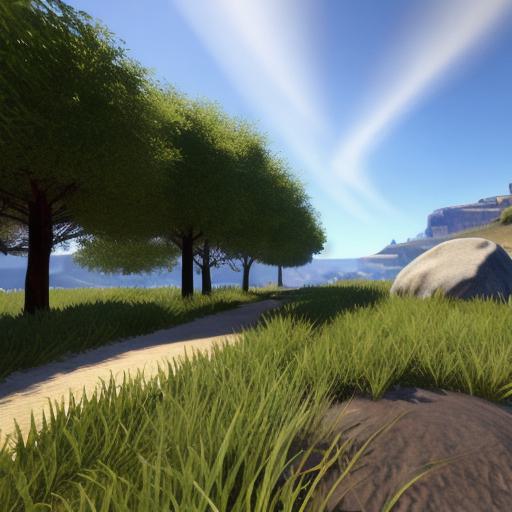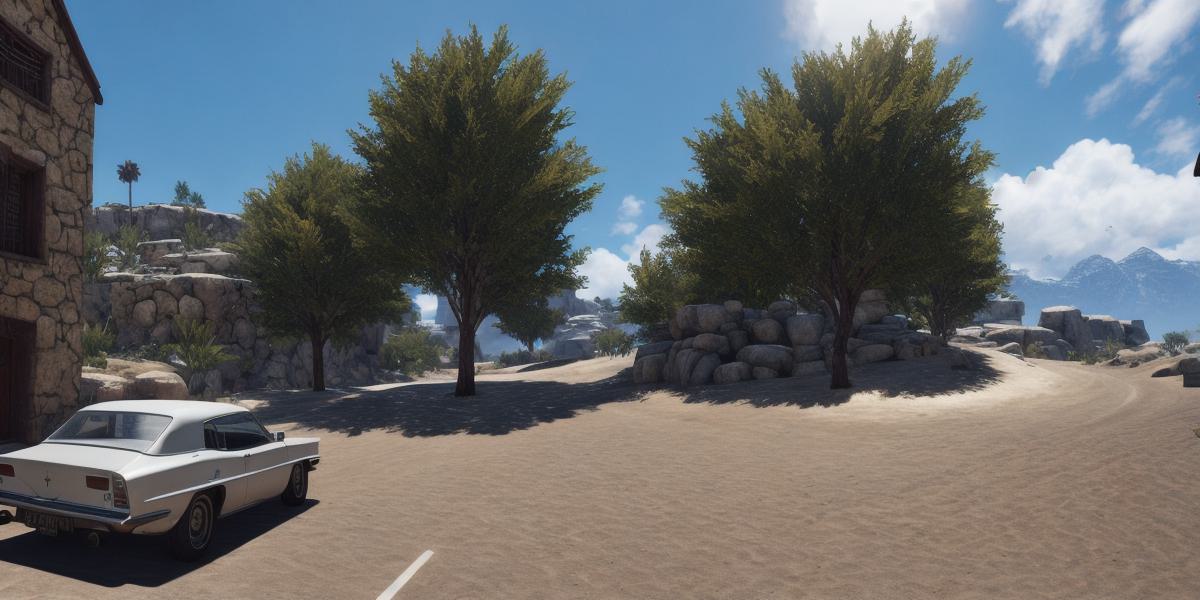As a beginner in game development, you may feel overwhelmed by the vast knowledge and skills required to create a successful game. However, understanding the basics of game development can help you get started on your journey to becoming a proficient game developer. In this article, we will discuss some of the top game development questions that every beginner should know.
- What is game design?

Game design refers to the process of creating the rules, mechanics, and overall structure of a game. It involves defining the goals, challenges, and rewards of the game, as well as determining the type of gameplay experience that players will have. Good game design ensures that the game is enjoyable, challenging, and engaging for the player. - What are the different types of game development?
There are several types of game development, including 2D games (such as platformers and side-scrolling games), 3D games (such as first-person shooters and open-world games), mobile games, console games, and PC games. Each type of game development requires different skills and tools, but they all share the common goal of creating an immersive and engaging gaming experience for players. - What programming languages are used in game development?
There are several programming languages that can be used in game development, including C++, C, Python, Java, and JavaScript. The choice of programming language depends on the type of game being developed and the platform it will run on. For example, C++ and C are commonly used for console and PC games, while JavaScript is often used for web-based games. - What is a game engine?
A game engine is a software framework that provides a set of tools and technologies for creating games. Game engines include features such as graphics rendering, physics simulation, animation, and audio. They can be used to create 2D and 3D games for various platforms, including consoles, PCs, mobile devices, and web browsers. Popular game engines include Unity, Unreal Engine, and Godot. - What are the key components of a game?
The key components of a game include the game mechanics (such as movement, combat, and puzzles), the game world (including the environment, characters, and objects), the user interface (such as menus and controls), and the sound effects and music. A well-designed game balances these components to create an engaging and immersive gaming experience for players. - What is playtesting?
Playtesting is the process of testing a game with real players to identify bugs, improve gameplay, and ensure that the game is fun and engaging. Playtesting can be done in various forms, including formal playtesting sessions, informal game jams, and online beta tests. It is an essential part of the game development process, as it allows developers to refine their game and create a better player experience. - What are some common mistakes beginners make in game development?
Some common mistakes that beginners make in game development include overcomplicating the game mechanics, not balancing the difficulty level, not testing the game enough, and not considering the user’s needs and preferences. It is important to avoid these mistakes by focusing on the basics of game development, seeking feedback from experienced developers and players, and continually refining the game based on playtesting results. - How do I choose a game engine?
When choosing a game engine, consider factors such as the type of game you want to create, your level of experience, the platform you plan to target, and the features you need. Some popular game engines include Unity, Unreal Engine, and Godot, each with their strengths and weaknesses. It is important to choose a game engine that fits your needs and goals, as this will help you develop a successful game more efficiently. - How do I monetize my game?
There are several ways to monetize your game, including selling it directly on platforms such as Steam or the App Store, offering in-app purchases, and displaying ads. The choice of monetization strategy depends on the type of game you have created, the target audience, and the market demand.
